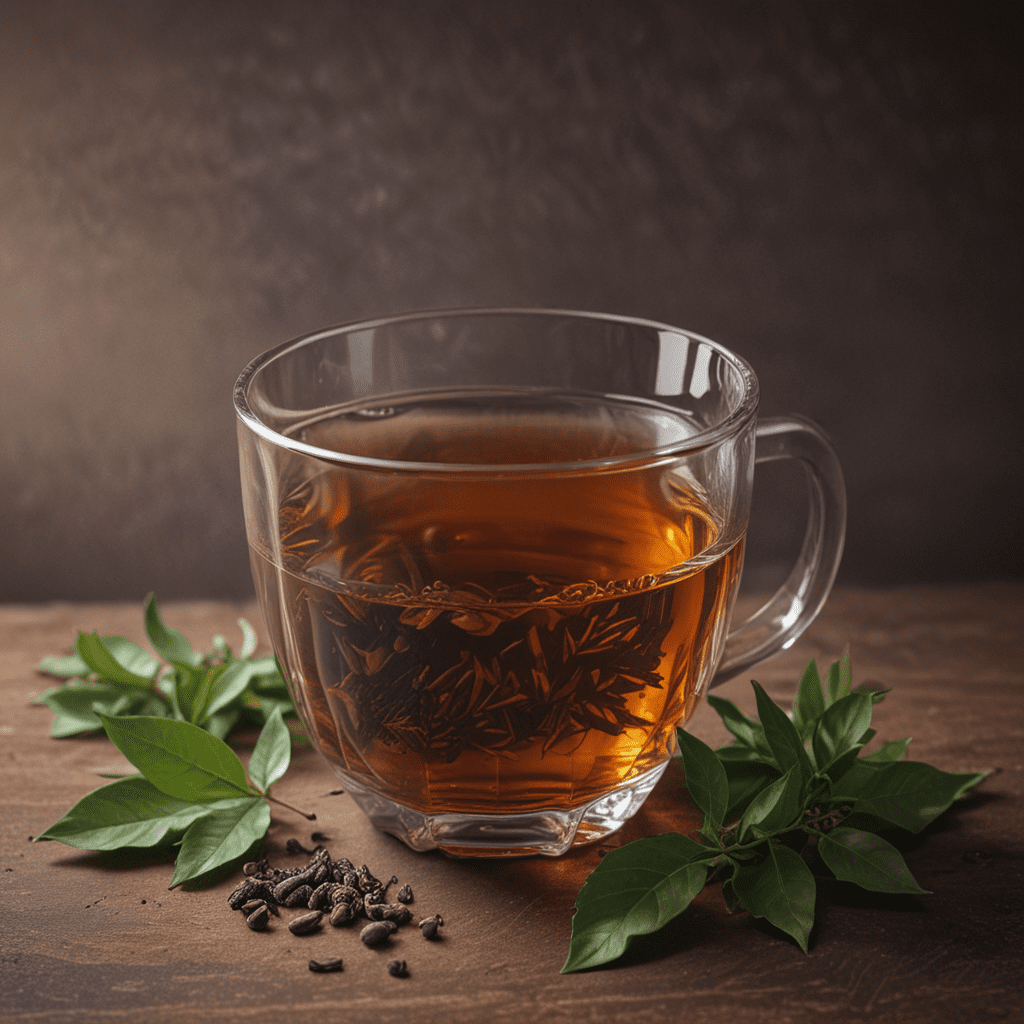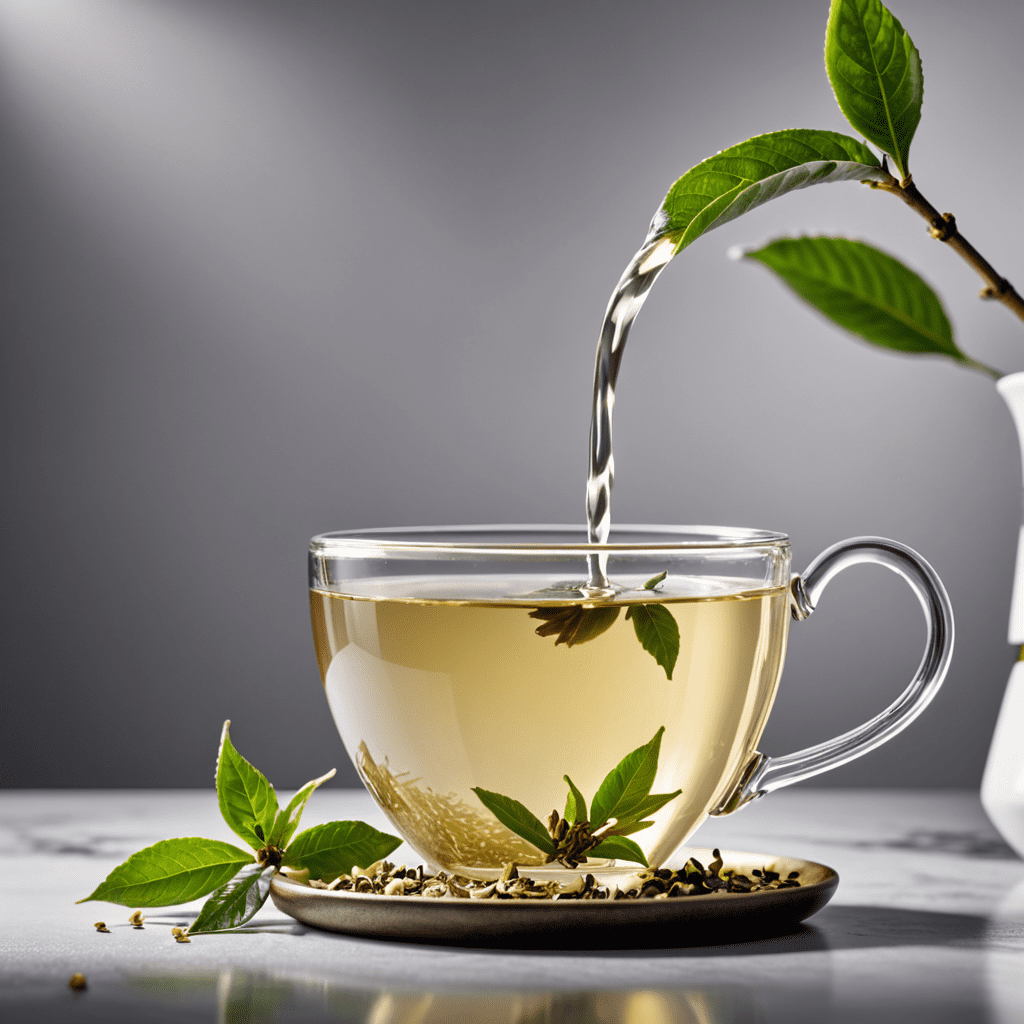Introduction: A Sip into Tradition
Prepare your palate for a journey into the world of Assam tea, a beverage steeped in tradition and renowned for its rich flavor and invigorating aroma. For centuries, the lush landscapes of Assam have nurtured this exquisite tea, a testament to the region's deep-rooted connection with this beloved drink. From ancient origins to modern-day cultivation, Assam tea stands as a symbol of cultural heritage and culinary delight.
Historical Roots: A Legacy Steeped in Time
The story of Assam tea unfolds like a tapestry woven with threads of time. Its origins can be traced back to the 19th century, when British planters discovered wild tea plants thriving in the Brahmaputra Valley. Recognizing the plant's potential, they began cultivating it, introducing new techniques and establishing plantations that would forever transform the region's landscape. Today, Assam tea plantations cover vast tracts of land, employing countless individuals and contributing significantly to the state's economy.
Cultivation: The Heart of Assam Tea
The heart of Assam tea lies in its cultivation, a meticulous process that demands precision and dedication. The tea bushes, known for their robust growth and resilience, thrive in the region's tropical climate. Assam's rich soil, abundant rainfall, and warm temperatures provide the ideal conditions for these bushes to flourish, producing the prized leaves that yield the distinctive Assam tea. From pruning and plucking to fertilization and pest management, every stage of cultivation is meticulously overseen to ensure the highest quality tea.
Varieties: A Symphony of Flavors
The diverse range of Assam teas is a testament to the region's diverse terroir and cultivation practices. Each variety possesses its own unique flavor profile, from the full-bodied and malty Assam Orthodox to the lighter and more fragrant Assam CTC (Crush, Tear, Curl). Whether enjoyed as a robust morning brew or a soothing evening cuppa, there is an Assam tea to suit every palate and preference. The region's tea gardens produce a symphony of flavors, each note contributing to Assam tea's reputation as a beverage of unparalleled excellence.
Processing: The Art of Transformation
From freshly plucked leaves to the finished product, Assam tea undergoes a series of transformations that preserve its flavor and aroma. The processing techniques employed vary depending on the desired style of tea. Orthodox teas, for instance, undergo a traditional method that involves withering
Health Benefits: A Sip for Wellness
Beyond its exquisite taste, Assam tea is also renowned for its array of health benefits. The presence of antioxidants, polyphenols, and flavonoids makes it a powerful ally for promoting overall well-being. Studies have linked Assam tea consumption to improved cardiovascular health, reduced cholesterol levels, and enhanced brain function. Its anti-inflammatory properties may also provide relief from conditions like arthritis and promote healthy digestion.
Socio-Economic Impact: A Lifeline for Assam
Assam tea plays a pivotal role in the socio-economic fabric of the region. The tea industry provides employment to millions of people, from plantation workers to tea garden managers. The revenue generated from tea exports significantly contributes to the state's economy, supporting infrastructure development and social welfare programs. Assam tea has become an integral part of the region's identity, fostering a sense of community and cultural pride.
Tea Tourism: A Journey of Discovery
The allure of Assam tea has given rise to a thriving tea tourism industry. Visitors from around the world flock to the tea gardens, eager to witness the cultivation process firsthand and experience the unique flavors of this esteemed beverage. Tea tourism offers an immersive journey into Assam's tea culture, allowing enthusiasts to interact with tea planters, learn about the history and traditions of tea production, and savor the freshest Assam teas right at the source.
Challenges and Sustainability: Preserving the Legacy
While Assam tea enjoys global acclaim, the industry faces several challenges. Climate change poses a significant threat to tea cultivation, as extreme weather events and rising temperatures can damage tea bushes and disrupt production. Sustainability practices are crucial to ensure the long-term viability of the industry. Tea gardens are adopting eco-friendly farming techniques, such as organic farming and rainwater harvesting, to minimize their environmental impact and preserve the natural resources that nourish the tea plants.
Conclusion: A Sip to Remember
Assam tea is a beverage steeped in tradition, flavor, and wellness. From its humble origins in the lush Brahmaputra Valley to its global recognition, Assam tea has captivated tea enthusiasts for centuries. Its unique flavor profiles, health benefits, and socio-economic impact make it a beverage that is not only delicious but also deeply connected to the cultural heritage of Assam. Whether enjoyed as a morning pick-me-up or a soothing evening ritual, Assam tea is a sip to remember, a testament to the enduring legacy of this extraordinary beverage.
FAQs
What is the difference between Assam Orthodox and CTC teas?
Assam Orthodox teas undergo a traditional processing method involving withering, rolling, and fermentation, resulting in a full-bodied and malty flavor. CTC teas, on the other hand, are processed using a machine to crush, tear, and curl the leaves, producing a stronger and more astringent brew.
Is Assam tea high in caffeine?
Yes, Assam tea contains relatively high levels of caffeine. However, the caffeine content can vary depending on the processing method and brewing time.
How do I brew the perfect cup of Assam tea?
To brew a perfect cup of Assam tea, use fresh, filtered water. Bring the water to a rolling boil, then remove from heat and add the tea leaves. Let steep for 3-5 minutes, depending on desired strength, then strain and enjoy.


